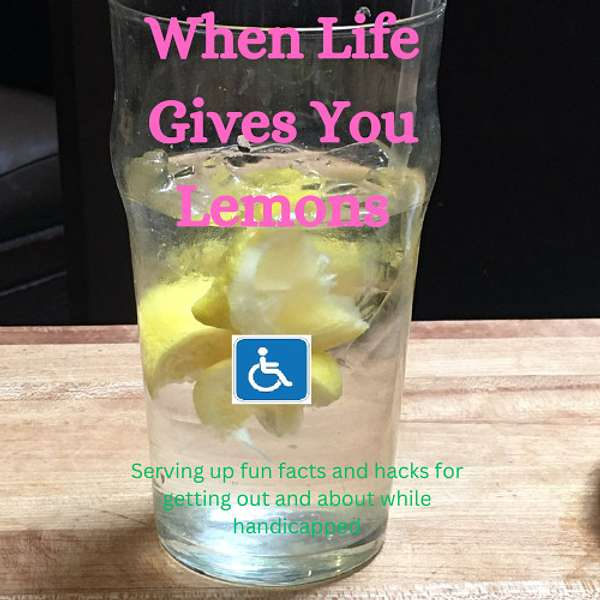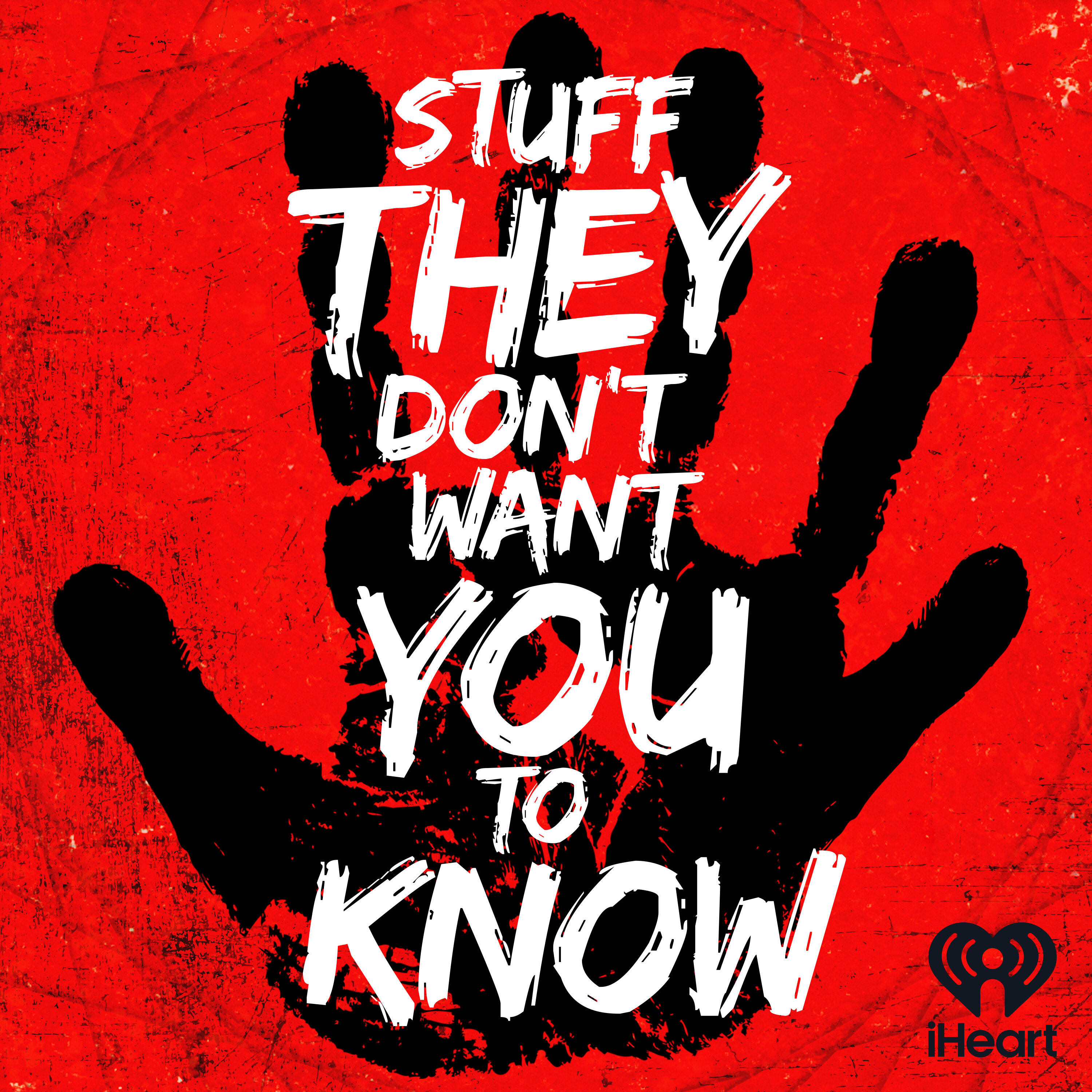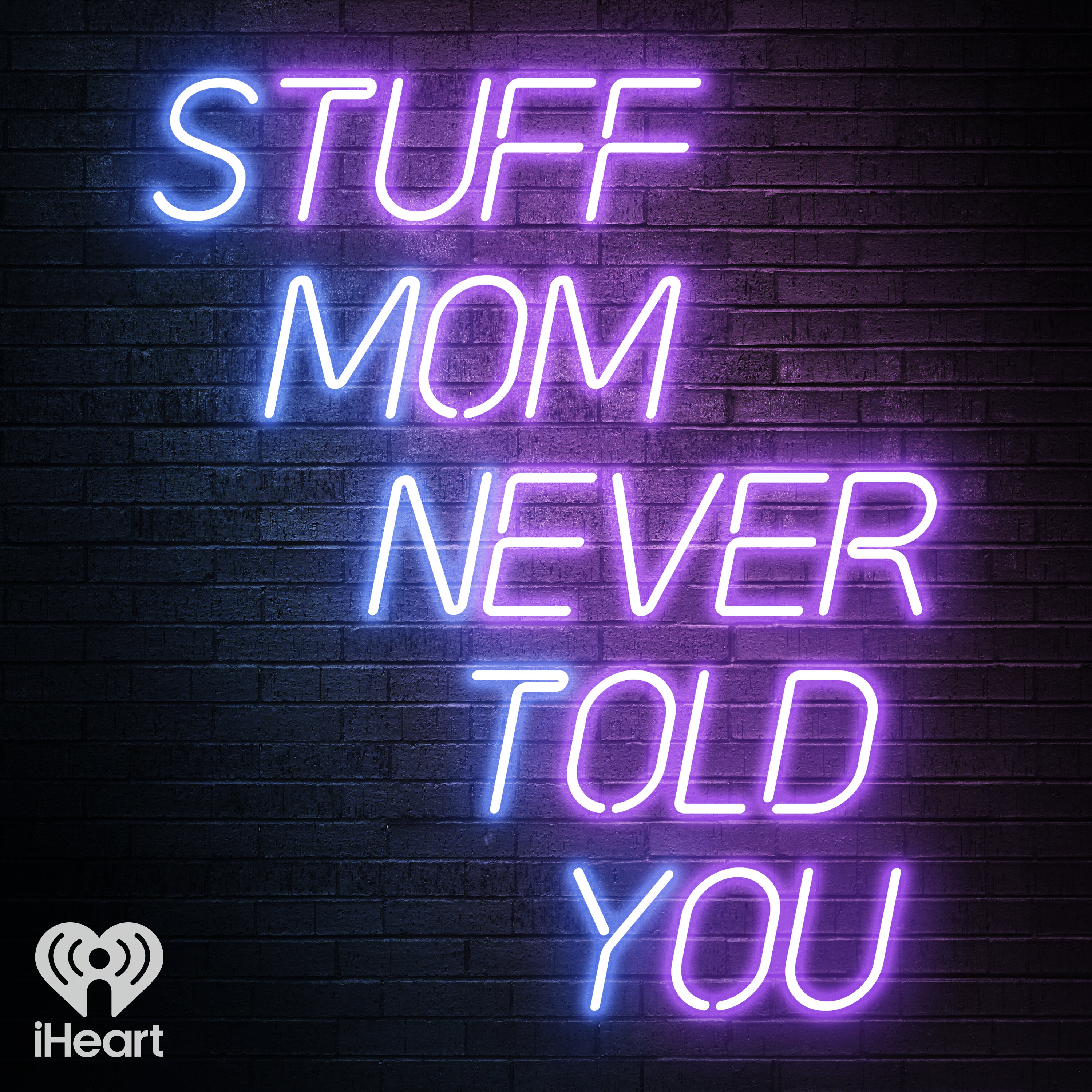
When Life Gives You Lemons
We do a bit of Research into handicapped travel issues and provide some solutions. Mobility, Hearing, Sight, Mental issues included. so far our episodes have included some information on Ataxia, Cerebral Palsy, Deafness, Dancing Sickness, Gulf War Syndrome, Long Covid and Wheelchairs. We are both Disability Advocates and realize there are too many diseases and conditions to cover and try to discuss the most common problems disabled people face and spread some awareness of disabled issues non-disabled people are unaware of.
CORRECTION
On a Previous episode I described how to enter our End Of Season contest. Step 1 click on the support our show link. Step 1 we require a one time payment (This has changed during our season) of $3. Step 3 (get you back to a one time payment) click on the $3 Subscription button. The following business day cancel the subscription (if you do it same day your bank may start thinking FRAUD. Step 4 Your done. Thanks for entering and "may the odds be forever in your favor",
When Life Gives You Lemons
Deaf Vibrance: Culture, Identity, and On-Screen Milestones
Unlock the vibrant world of deaf culture and challenge your perceptions of cochlear implants. Join us as we explore the fascinating dynamics of deaf communities, where sign languages like ASL and BSL are not just tools for communication but integral parts of identity and culture. Discover the empowering concept of "deaf gain"—a perspective that highlights the unique benefits that come with deafness, such as enhanced visual and spatial skills. We'll also address the resistance some in the deaf community feel towards cochlear implants, rooted in a positive and proud perception of their identity. If you're eager to engage more deeply, we've gathered invaluable resources for learning sign language and connecting with the community.
Our conversation takes a cinematic turn as we celebrate the strides made in deaf representation on screen. From the groundbreaking storytelling in "Switched at Birth" to the award-winning short film "The Silent Child," we examine how these works have impacted public perception. Marvel's "Eternals" gets a special spotlight for introducing the first deaf superhero, marking a significant milestone in media inclusivity. Plus, we’ll nod to "The Walking Dead" for its authentic portrayal of deaf characters, further emphasizing the importance of diverse narratives. We're always excited to hear from you, so don't hesitate to reach out with suggestions for future episodes via our website!
welcome back listeners. This is Kevin letting you know that this is another classic episode that we're playing between seasons two and three. Make sure to leave this in your podcast player and, if you're feeling so, obliged. We really, really thank you for supporting this show. Enjoy. Welcome to our podcast. When life gives you lemons. I'm Kevin Henry, and my partner in crime and wife is Pommy Henry. I have a rare disease known as spinal cell umbrella ataxia, which is a neuromuscular disease that's left me with mobility challenges, as well as with a speech impediment and noise-induced anxiety.
Speaker 2:Living with these disabilities, we have created some helpful hints and life lessons that we'd like to share and that have made our life possible. We consider ourselves disability advocates and intend to spotlight some disability issues and things we find interesting that we frequently encounter when we're out and about.
Speaker 1:Hi, welcome to our podcast. When Life Gives you Lemons Episode number six, and today we're going to be talking about people with hearing disabilities.
Speaker 3:As we take a deep dive into the disabilities on the ADA, which is what Kevin.
Speaker 1:The Americans with Disabilities Act. Roughly one quarter of our population is disabled. Population is disabled and I kind of think that includes people with temporary as well as permanent disabilities. But I'm just guessing. The ADA really just kind of gives examples of what may be considered disabled and a lot of the examples and fixes that they suggest are for mobility. Deaf and blindness is not really addressed as much or as prominently.
Speaker 3:While researching this, we came upon some very interesting information. I was not familiar with that. There was a death culture.
Speaker 1:Yeah, death culture is a little bit more permanent than our mobility disabled community and that everybody is like different or, as they're more similar and more defined. A lot of cases they got out of their way to have special schools for deaf communities.
Speaker 3:Well, that's because most deaf people learn the sign language, which is the ASL or the BSL if you're in England.
Speaker 1:Just for the record the ASL, bsl. It's just like vocal languages Everybody has one, that's different.
Speaker 3:Based on the country you mean.
Speaker 1:Yeah, Based on the country you mean. Yeah, if they're from America and use ASL, they can have problems in France because they don't speak the language.
Speaker 3:It's an L-S-Q in the other European countries.
Speaker 1:I also think that we should support the deaf community. Support the deaf community. It's a little bit much to ask that we all learn ESL or BSL or what have you, but we should at least be able to recognize like if a person is under trust and ask for, perhaps, what sort of assistance they require. Perhaps also a good idea would be learning the difference between the signs for yes and no, so you could have a basic conversation conversation.
Speaker 3:Well, I'm not, it'd have to be real basic, but it would probably lead to a lot less misunderstandings. So deaf people value the sign languages because they feel that it allows them to communicate effectively and express themselves fully.
Speaker 1:Well, one of the things you notice is typically when a deaf person signs, they also move their lips like they're saying the words. If they know what the words would be if they've been deaf since birth, they may not know what the words are. That allows people in their community who read lips to augment the signing by the reading of their lips while they're having a discussion.
Speaker 3:The appreciation of the deaf history and heritage. Deaf people have had a long and diverse history that spans across centuries and continents. They have contributed to various fields of knowledge, art, science and society. They have also focused opposition, discrimination and marginalism from the hearing majority. Deaf people celebrate their achievements and struggles and honor their leaders and role models. They also preserve and pass on their stories, legends, jokes, poems and other forms of literature through sign language. This has created a sense of community, and deaf people form a strong and supportive network that transcends geographical borders. They often meet at deaf clubs, schools, events and online platforms to socialize, exchange information and coordinate. They also are advocates for the rights and interests as a cultured minority.
Speaker 1:The cultured minority thing is this is something that they've been dealing with for quite some time. They've made adjustments, they've got their support teams, their family and their friends in place, and they're resistant to trying to adapt new.
Speaker 3:Some are. Some are resistant to advancements in hearing aids.
Speaker 1:Some of this came about because we noticed that this season of the British Baking Show one of the contestants is deaf and wears a cochlear implant. And wears a cochlear implant. She has her own sign language interpreter as she receives instructions for the contest.
Speaker 3:While researching the deaf community, we came upon a definition of the concept of the deaf gain. Deaf gain is a positive view of deafness that focuses on the benefits and advantages that a deafness brings to the individual in society. It challenges the medical model of deafness that sees it as a problem or a deficit that needs to be fixed or cured. Deaf gain recognizes the unique skills, ability and perceptives of that deaf person that has developed as a result of their deafness. For example, deaf people have enhanced visual awareness, spatial awareness, creativity, awareness, creativity and passion and bilingualism. That's where it comes in, where they resist against cochlear implants and stuff the advancements because they feel that there's nothing wrong They've achieved things from being deaf.
Speaker 1:Well, it's also very scary if you talk to a deaf person who suddenly is able to hear with a cochlear implant and they're overwhelmed by the noise, in the of our time distinguishing between what's noise and what is someone speaking. Just say, for example, if you go to a busy restaurant or club, it's hard to differentiate between the ambient noise you hear on the inside there and someone talking to you, and I get that I really do.
Speaker 3:So we found while we were researching, that there's several ways for people to learn ASL. There was several options online. There's universities, there's schools. There's free online courses for beginners, intermediate and advanced learners.
Speaker 1:Before you go out there and look on the Internet to learn ESL, I would highly recommend you get on a webpage that is animated and shows you the motion of the sign, Because it's not just like pointing at something. It's how you move your hands often, and they also differentiate between your dominant hand and your non-dominant hand. Some of these signs are to it that when you get into spelling a word, usually that's with one hand. Typically people spell their names that way. People using sign language know how to pronounce it, how to spell it.
Speaker 2:Okay, we've completed.
Speaker 3:I think we've talked a lot about the ASL. Let's talk about the implants.
Speaker 1:Okay, the cochlear implant differs from a hearing aid in that with the hearing aid, it really just pumps up the volume of the sound into your ear the sound and helps a person differentiate between ambient sound and speech directed to them, so they're not always overwhelmed by the sound.
Speaker 1:However, in some cases they can be as they can be. I would invite you, if you have not had the opportunity to do so, watch some videos of people who got their cochlear implants and hear for the first time. If they're young enough and they're with their parents, they're pretty much fearless and you tell them all of a sudden, here's something, because it's new to them. They'll look up like, okay, what's going on? And sometimes with a person who's older and has been living with their deafness, they just plain get overwhelmed and scared.
Speaker 3:Let me explain a little bit about the surgery. It is a procedure that is involved placing an electronic device inside the inner ear to improve hearing. The surgery is usually done under general anesthesia, which means that they would be asleep and would not feel any pain. The surgery typically takes about two hours and here are the main steps of the surgery. The surgeon takes a small incision inside your ear and removes a small amount of bone to create a pocket for the implant. The surgeon inserts the implant under the skin and attaches it to the skull bone with screws and sutures.
Speaker 3:The surgeon drills its tiny hole in the cochlear which is the spiral-shaped part of the inner ear hence its name that contains the hearing cells. The surgeon gently inserts the electrode array, which is a tiny wire with tiny electrodes, into the cochlear. The electrolysis will stimulate the hearing nerve and send sound signals to the brain. The surgeon tests the implant and electrodes array to make sure they are working properly, and the surgeon closes the incision and covers it with a Band-Aid. After the surgery, you would stay in the hospital or clinic for a few hours or overnight and you need to follow your doctor's instructions on how to care for your wound and prevent infection on how to care for your wound and prevent infection there. You will usually need to schedule a follow-up for them to turn and activate your implant back on and adjust it. You'll also need to undergo hearing rehab, which involves training and therapy to help you learn how to hear and understand sounds with your implant.
Speaker 1:What a lot of people do and sounds with your implant. What a lot of people do they get overwhelmed by the noise of being able to hear with. That is, when they get home or get into a relaxation area, an area where they feel safe, they turn it off so they can think more clearly without all the new noise interfering with their thought process.
Speaker 3:Cochlear implants are the world's most successful medical prosthesis, in that less than 0.2% of the recipients reject them and do not use them or fail. Rates needing re-implantment is around 0.15%.
Speaker 1:And I should also point out that most insurance covers it yes. So the price is always going to be an issue, but it is covered by insurance To whatever degree. Your insurance covers things like that.
Speaker 3:It should be understood that the cochlear implants do not restore normal hearing but help people understand speech. You require speech therapy and rehab to understand the interpretation of these sounds. So it's not something. If you've lost your hearing from birth, that happens immediately.
Speaker 1:You have to work with it, like Kevin said, yeah, it's amazing how they, once somebody has the implant done, they start with the implant off and then slowly turn the volume up on it so that they can tell by the person's reaction when they're hearing the sound. They just don't get overwhelmed right from the get-go.
Speaker 3:I think we've covered that. Let's talk about over-the-counter ear aids or OTC.
Speaker 1:Okay, as I kind of touched on before, hearing aids are a little bit different in that they just take sound and magnify it into the ear canal.
Speaker 3:So it's for somebody that's hard of hearing, not deaf.
Speaker 1:Usually yes. I guess, all insurance will have rules about what equipment applies to who, and that is also going to be inputted by an audiologist what you're looking for. Your audiologist should have an idea of the sort of brands that are available.
Speaker 3:That will help you and it says here that you need to have a unless you're buying it strictly over-the-counter for a more adaptable one or a more advanced one, you would need a prescription and or a hearing test.
Speaker 1:Yeah, that's usually a requirement by the insurance to cover it. One thing I should say is that with cochlear implants I'm seeing a lot of ads for a different style to what I'm used to seeing. Whereas before you could identify a cochlear implant by the apparatus sticking out of their skull and the hearing aid sort of thing in their ear skull and the hair gate sort of thing in their ear, now it looks like it's all basically either well-disguised so you don't see the extra part, or possibly all one part. Again, as technology progresses it will become less invasive. Unfortunately, that will also mean initially more expensive and possibly we'll have a lack of insurance support because they'll construct too new to be non-experimental.
Speaker 3:So went over a lot of the information we found from our research. We did find something fun Went on YouTube and found Miss Mojo's and she does a list of the top 10 movies or and shows that represented they found represented the deaf community very accurately and also was played by a majority of the actors were deaf themselves.
Speaker 1:That sounds great.
Speaker 3:So number 10, they had Quiet Place and I didn't watch it because I don't watch horror shows, but it was about an alien, that any noise that was heard that could tell the alien where you were, that could tell the alien where you were.
Speaker 1:And this family. They were, I guess, the core stars of the movie, or kind of one step ahead of everybody else, because one of their kids was deaf and they had learned ASL as a family to get by with just day-to-day living. When this unusual circumstance came out, they just had to rely on I think it was usually mom and dad, I think it was usually mom and dad soundproof their living environment, because obviously the deaf kid could not tell if noise was being made and they could communicate with each other via sign language.
Speaker 3:Number nine is an anime. It's called General Maya. Not real familiar with that and I don't think you've seen it either. Happy Cab.
Speaker 1:I usually don't watch anime.
Speaker 3:Number eight they recognized Grey's Anatomy. Apparently, one of the seasons there was a deaf doctor and they felt that she was very well represented and was a positive to the deaf community. Number seven was Coda and the whole Ruby. Ruby's whole family was actually deaf and played by deaf actors. Strictly Dancing there was a deaf dancer it's a British dancing reality show and she actually placed very, very high number one or two in the placement and she said that she could hear the vibrations and she also let her partner lead her.
Speaker 3:Fifth was the Miracle Worker, which I'm sure a lot of us know about. That was not played with deaf actors. Patsy Duke was the child there and it was the story of Helen Keller and it received an Oscar. There was a number four is Switched by Birth. Number three was the Child of the Lesser God. Two was internals, which is a marvel movie, um, and it was listed as the first deaf hero. Um. Number. Number one was the silent, silent child and it was a older movie back in the um 650s and 60s, I'm not aware of it. They also did honorable mention to the Walking Dead, which the same actress that played in the Internals as the deaf hero was also a deaf person in the Walking Dead.
Speaker 1:So make sure you get with us next time, and we'll see you then, bye, bye, and we'll see you then, bye.
Speaker 2:Bye. We are always looking to improve the podcast, so if you want to hear a specific topic discussed, drop us an email. Our contact information is listed on our website. It's wwwwhenlifegivesyoulemonsnet.
Podcasts we love
Check out these other fine podcasts recommended by us, not an algorithm.

When Life Gives You Lemons
Kevin & Palmi Henry
Stuff They Don't Want You To Know
iHeartPodcasts
Stuff Mom Never Told You
iHeartPodcasts
Stuff You Missed in History Class
iHeartPodcasts
Planet Money
NPR
Ridiculous History
iHeartPodcasts
The Way I Heard It with Mike Rowe
The Way I Heard It with Mike Rowe




